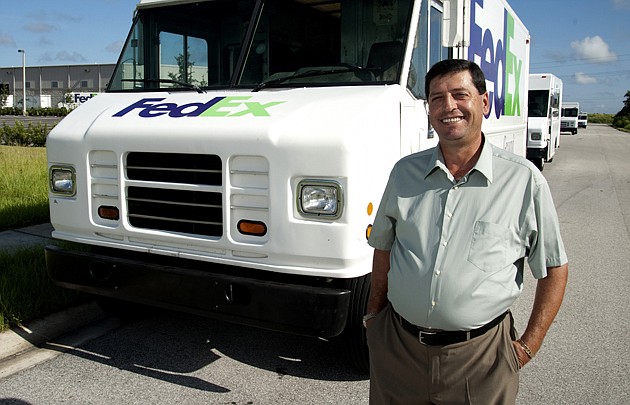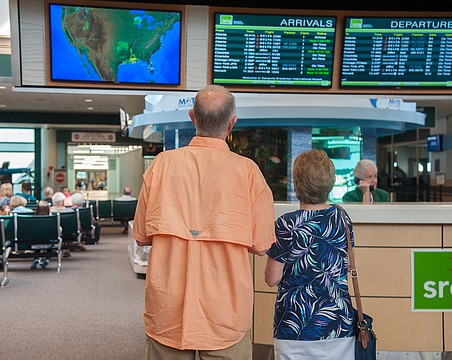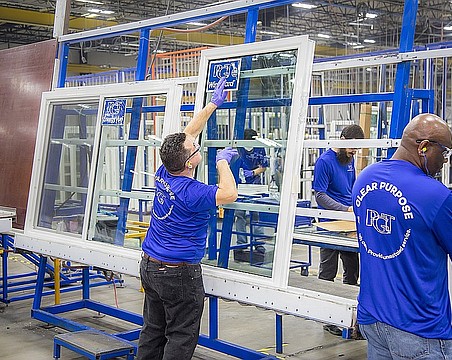Everyday business challenges aren't too stressful for Sami Kakour.
This is an entrepreneur, after all, who was born on the Israeli West Bank. He lived there, in Palestinian homes and settlements, until he was 14, when he moved to boarding school in London. The son of an obstetrician, Kakour says the sounds of bombs and machine guns were near everyday occurrences when he was a young boy.
Kakour moved to America in 1986, and he became a U.S. citizen in 2000. “I love this country,” says Kakour. “God couldn't have made a better country than this.”
Kakour says that particularly includes all the business opportunities he's had in the United States. It's an eclectic list, from four years he worked in a Beverly Hills Vidal Sassoon hair salon to running a Clearwater grocery store. The Vidal Sassoon client list, recalls Kakour, included several soap opera stars. He even cut Nancy Reagan's hair once.
But his current gig is what Kakour considers his best business venture: A contract with FedEx Ground to service six delivery routes in Sarasota and Manatee counties.
Kakour bought three FedEx Ground routes in 1999, and he recently expanded, with two additional routes in 2012 and another earlier this year. FedEx Ground routes, says Kakour, cost about $100,000 to $125,000. His business, with seven drivers and a manager, does about $750,000 a year in sales. FedEx Ground named Kakour its Entrepreneur of the Year for the Southwest Florida region in 2013, an award based on several factors, including customer satisfaction, growth, safety and service.
Kakour's FedEx Ground routes spread from east Manatee County to Siesta Key and south Sarasota County. Kakour's drivers pick up their loads at the FedEx Ground terminal in Palmetto, in north Manatee County, every weekday morning. Then they hit the road. Drivers are expected to make 15-20 stops an hour.
A main key to his success, says Kakour, is a well-worn lesson for any executive: Spend money to make money. Kakour, for example, upgrades his fleet of trucks about every two years. He'll pay more up front and rely on a warranty, rather than have low truck payments but constant maintenance. He's replaced four trucks already in 2013, at a cost of about $75,000 each.
Kakour also says he pays drivers higher salaries than competitors, in the range of $650 to $1,000 a week, depending on experience and routes. He does that to retain employees, but also to control his biggest variable, which is driver safety. Well paid, experienced drivers, says Kakour, limits accidents.
However, the expectations, in return for a top salary, are high. Not only does Kakour monitor lost packages and any slowdowns in the daily route, but he also believes he pays for work ethic, not just someone to go from A to B. “I work with a bad back, I work with broken limbs, and if I can do it, anyone can do it,” says Kakour. “If you need to complain, you need to find a new job.”
Kakour says another factor in his success is he's involved in daily decisions — despite the presence of his manager. “Nobody runs a business like you can,” says Kakour, though he realizes the bigger he gets, the less that will happen.
Getting bigger, in fact, Kakour's driving goal. He seeks to double the routes he owns. He would then hire several more drivers than trucks, so he can put employees on a four-day workweek.
His one big worry in the business, much like a parent, is the safety of his drivers. Says Kakour: “I don't relax and enjoy myself until everyone comes back to the station.”






